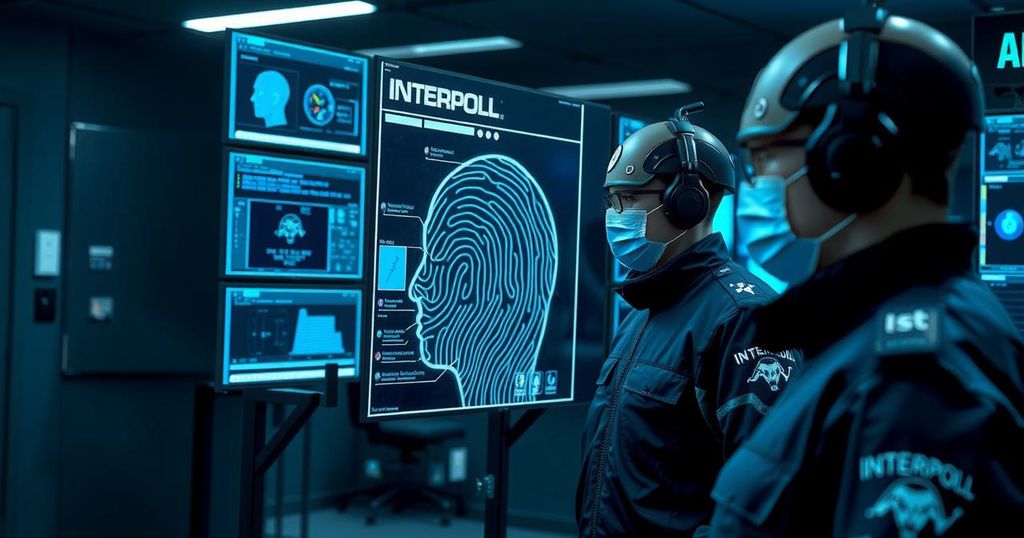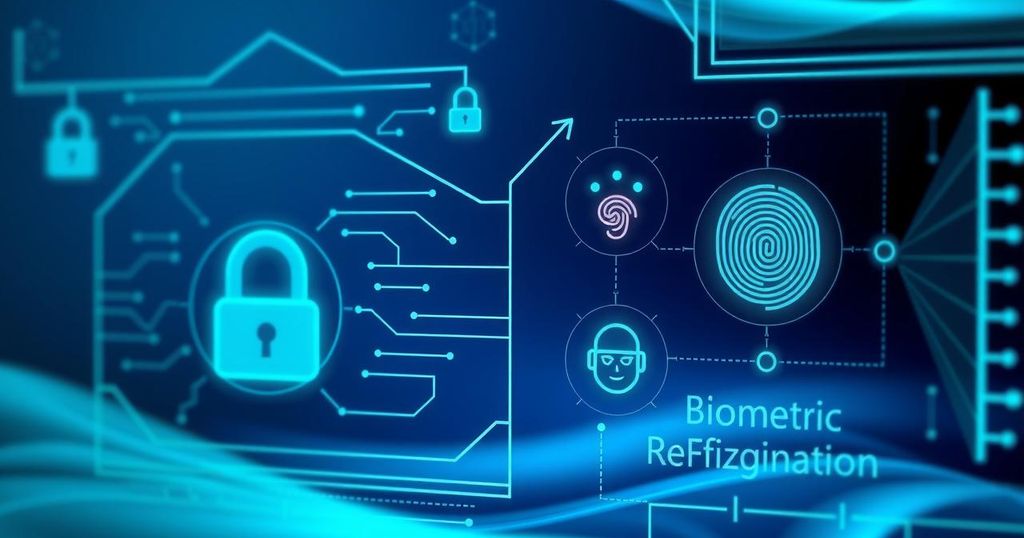IDEMIA has provided INTERPOL with an upgraded Multibiometric Identification System (MBIS), featuring advanced algorithms that enhance the efficiency of criminal investigations. The system allows member countries to query biometric data effectively, incorporating first-ranked algorithms from NIST evaluations. This development reaffirms IDEMIA’s commitment to public safety and its enduring partnership with INTERPOL, aimed at combating international crime.
IDEMIA Public Security has upgraded INTERPOL’s Multibiometric Identification System (MBIS) with advanced algorithms, enhancing its capability to assist member nations in solving complex criminal cases. This upgrade, delivered in July 2024, integrated MBIS 5/MBSS into INTERPOL’s Bio HUB, allowing 196 member countries to efficiently access a comprehensive database using fingerprints and facial recognition. The latest algorithms, which ranked first in NIST evaluations, offer improved accuracy and regular updates to meet evolving forensic needs. The collaboration between IDEMIA and INTERPOL has strengthened over the past two decades, demonstrating their shared commitment to combating global crime through innovative biometric technology.
The Multibiometric Identification System (MBIS) is a critical tool utilized by INTERPOL to improve the effectiveness of global law enforcement. Established through IDEMIA’s initial provision of the Automated Fingerprint Identification System (AFIS) back in 1999, the collaboration has evolved to incorporate advanced biometric technologies. The introduction of the latest MBIS enhances the organization’s capability to process and analyze biometric data, thus improving the identification of individuals related to criminal activities on an international scale. With an increasing number of transnational crimes, the necessity for updated and effective identification technologies is paramount.
In conclusion, IDEMIA’s latest enhancements to INTERPOL’s Multibiometric Identification System not only bolster the organization’s capabilities in criminal investigations but also affirm its leadership in biometric technology. The improved algorithms promise greater efficiency in identifying suspects, thereby aiding law enforcement across its 196 member nations. This ongoing partnership exemplifies the importance of technological advancement in maintaining global security.
Original Source: www.prnewswire.com







